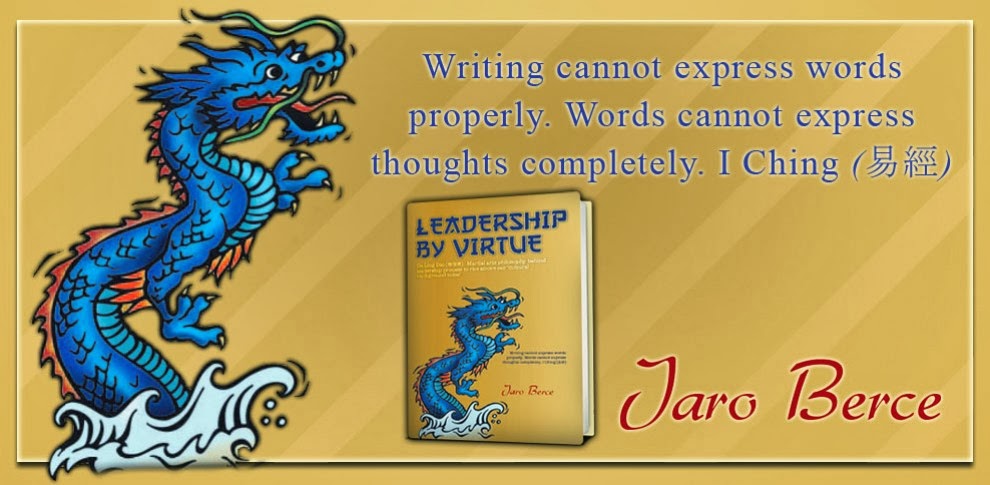 There are numerous programs, schools and methodologies helping to understand and learn how to manage business and people: different master of business administration (MBA) schools with their own programs and almost abundant methodologies and tools they teach their students. Unfortunately no one ever learns whatsoever about e.g.: ecology at an MBA or in their programs. Unethical business and environmental practices of some MBA students are uncovered consistently.
There are numerous programs, schools and methodologies helping to understand and learn how to manage business and people: different master of business administration (MBA) schools with their own programs and almost abundant methodologies and tools they teach their students. Unfortunately no one ever learns whatsoever about e.g.: ecology at an MBA or in their programs. Unethical business and environmental practices of some MBA students are uncovered consistently.Responsibility across the broadest spectrum of society is vitally important to the future of the global economy. Having said that the key question in today's business environment still remains: do all those programs, methodologies and tools really come out the way we need them to?
The biggest issue to introduce all of the different programs every couple of years or so is mostly based on the matter that companies are entirely dismissing experience if you do not have a degree. This is short sighted and even negligent but attractive to those that want higher salary, better career opportunities or better consolidated business network. The second matter is that different methodologies and tools get sold to C-level as a silver bullet that is going to fix all of their issues, problems and will bring out the solutions.
But to probe even deeper - it is not the methodologies or the tools that bring solutions or break problems. They are good and they work when they are just frameworks to organize efforts. The important and mostly overlooked aspect of application of methodologies and tools is: they need to be based on the business needs, culture of organization and should be properly trimmed to benefit from using them.



